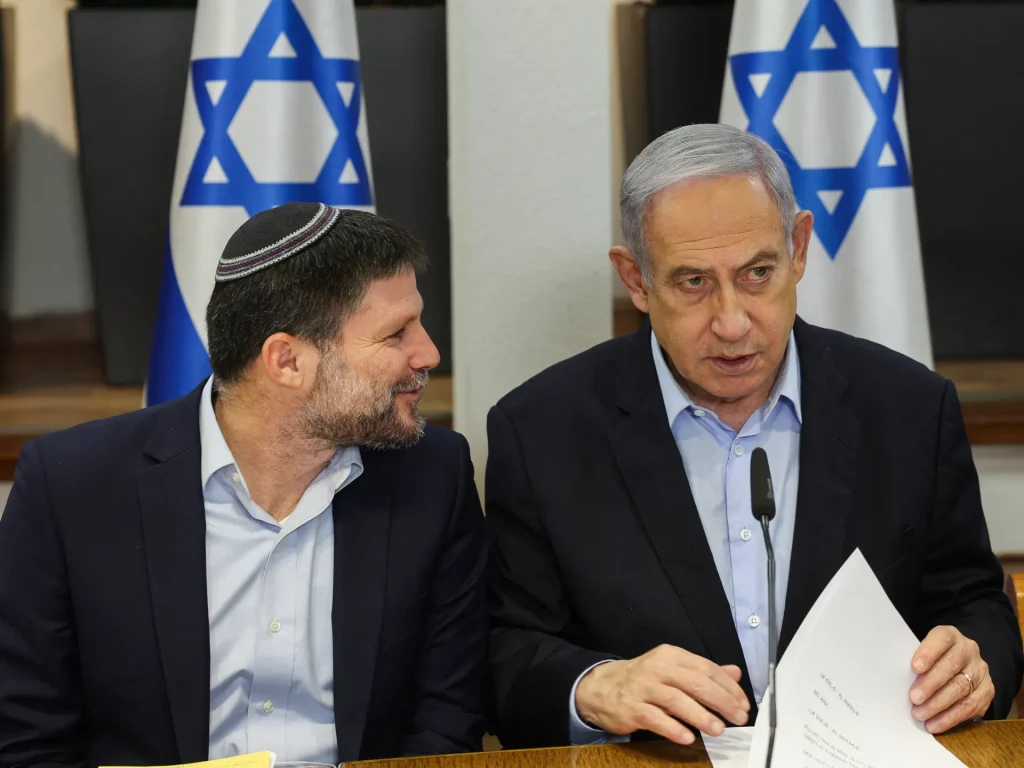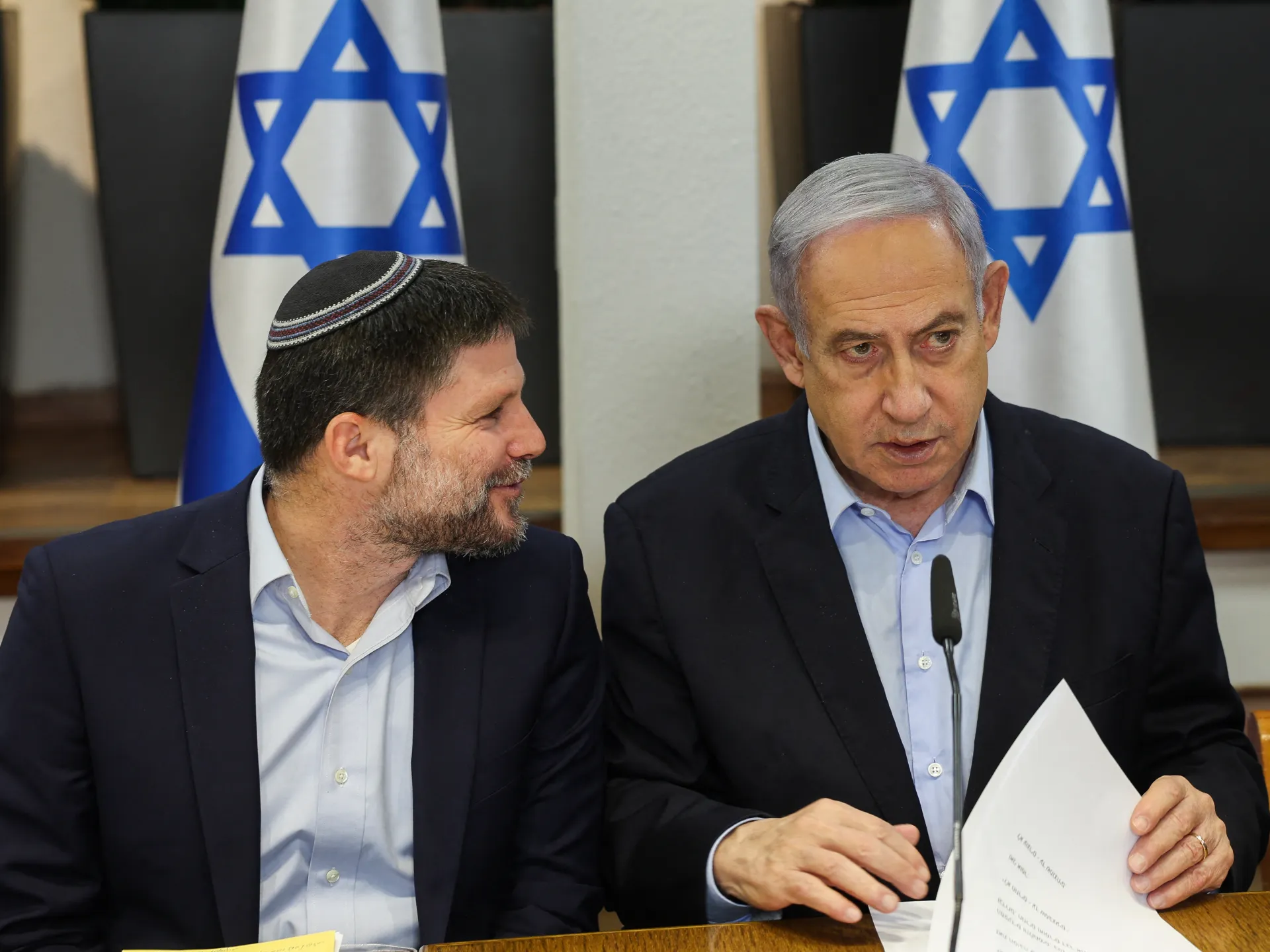In a dramatic escalation of internal discord, Israeli Finance Minister Bezalel Smotrich openly admitted during a heated security cabinet meeting that the Israeli military has failed—particularly in managing humanitarian aid distribution in Gaza. The rare public admission, reported by Israeli state broadcaster KAN, has exposed deep fractures within the Israeli leadership as the war in Gaza rages on.

Smotrich vs. Army: A Blame Game Unfolds
The tense cabinet meeting descended into a fierce exchange of accusations between Smotrich and Chief of Staff Eyal Zamir. Smotrich accused the military of a “major failure” in handling aid operations, implying deliberate incompetence or worse. In a shocking escalation, Smotrich even suggested subjecting Zamir to a polygraph test.
Zamir shot back, accusing Smotrich of being “against the Israeli army,” a sharp rebuke that forced Prime Minister Benjamin Netanyahu to step in, urging both sides to de-escalate.
This clash reflects growing tension between Israel’s political leadership and its military command, as frustrations mount over humanitarian crises and stalemated military objectives in Gaza.
Hardline Ministers Push for Extreme Measures
The dispute comes amid rising criticism from far-right ministers like Smotrich and Itamar Ben-Gvir, who vehemently oppose the delivery of humanitarian aid to Gaza. In stark contrast, Foreign Minister Gideon Saar argued that “it is impossible to wage war without humanitarian aid,” highlighting the deep ideological divisions within the government.
Meanwhile, Transportation Minister Miri Regev proposed establishing a military administration in Gaza—a move seen by some as laying the groundwork for forced displacement or what insiders described as ethnic cleansing disguised as ‘voluntary migration’.
Netanyahu’s “Humanitarian City” Sparks Controversy
Despite ongoing talks for a possible ceasefire in Gaza, Prime Minister Netanyahu has ordered the creation of a so-called “humanitarian city” in Rafah. According to Netanyahu, this move aims to separate civilians from Hamas fighters, with temporary tent housing for displaced Palestinians.
However, critics argue that this could further entrench Israel’s control over southern Gaza while undermining genuine humanitarian efforts. The “humanitarian city” has quickly become a central point of contention in ongoing ceasefire negotiations.
Rafah: The Ceasefire’s Breaking Point
Talks remain highly sensitive, with Hamas demanding a full withdrawal of Israeli forces from Gaza, including strategic corridors like Philadelphia and Morag, which divide Rafah and Khan Younis. Israel, however, remains adamant about maintaining control over these areas, creating a stalemate that could derail ceasefire hopes.
Negotiators confirm that the future of Rafah—and whether Israeli troops will withdraw—will be decided in upcoming rounds of talks. For now, the situation remains volatile, with both sides unwilling to compromise.
Gaza’s Humanitarian Catastrophe and Global Legal Action
As ceasefire discussions drag on, the Israeli military continues its assault on Gaza, which international observers increasingly label a genocidal war. Since October 2023, over 57,300 Palestinians—mostly women and children—have been killed.
International legal pressure is mounting. The International Criminal Court (ICC) has issued arrest warrants for Prime Minister Netanyahu and former Defense Minister Yoav Gallant on charges of war crimes and crimes against humanity. Simultaneously, Israel faces a genocide lawsuit before the International Court of Justice (ICJ), making this one of the most scrutinized military conflicts of the 21st century.











Comments are closed.